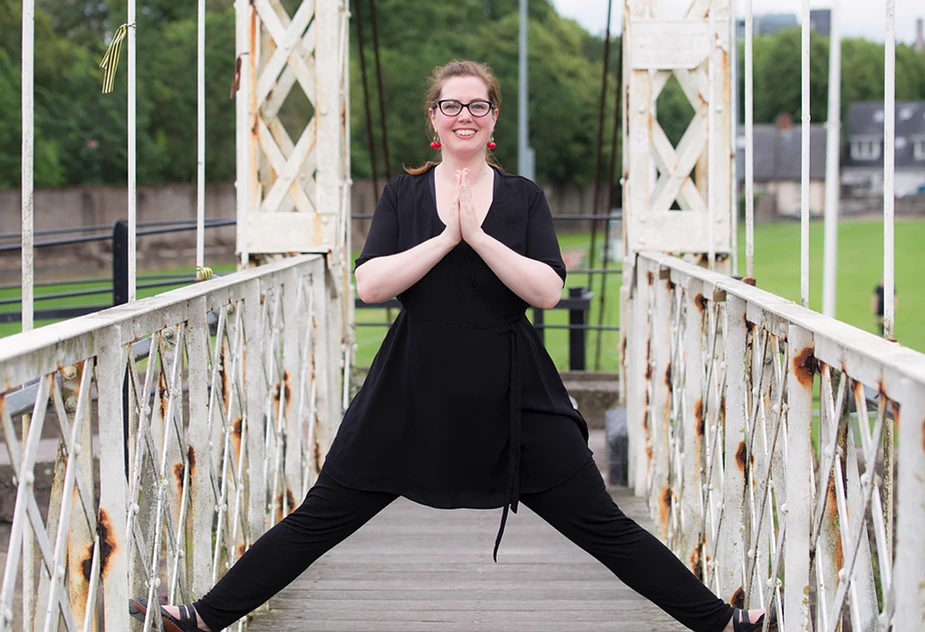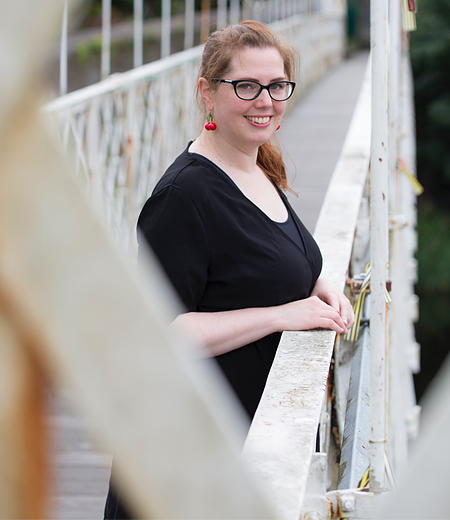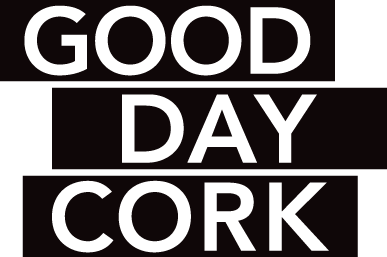Finding community in the fight for a better future
by Maaike Mijland

I love living in county Cork. I love the friendliness of the people, the community spirit, and the sense of humour, that embraces the dark side of life, which to me seems like an ode to the Corkonian lust for life, despite life’s hardships.
I arrived in the city 15 years ago in my mid-twenties, when everything was still booming. I moved here by choice, for adventure and new experiences. I completely immersed myself in the culture and history of Cork, by volunteering for art centres and festivals, organising events, getting involved in activism and connecting with people from all different kinds of backgrounds. It didn’t matter so much yet that I had an unpleasant, badly-paid job. I was high on new people and adventures.
Being white and from a North-Western European country that the Irish seem to find “cool” (despite William of Orange…), I have been an immensely privileged new Corkonian. Yes, I’m still an outsider to some extent (especially since moving to a smaller town), but people see me rather as an “expat” than as an “immigrant”. Two words with very different connotations. But in the end, they both really just refer to people who moved country. Why differentiate?
I grew up in an imperialist country. In school, the colonist ‘trade’ of the Dutch East Indian Company (VOC) and WIC was taught as a completely normal, innocent business model.
And though I was starting to become aware of the injustices and cruelties of Dutch slave-trade and colonialism, living in Ireland has opened my eyes to how the imperialist mindset is still very much alive in places like the Netherlands and the UK. Moving to a country that was completely colonised for 800 years up until only 100 years ago, and partially still is, made me see what imperialism really means.
I’ve come to see how colonialism, exploitation of humans and land, is rooted in the desire to keep making more profit, regardless of the damage it does. At the root of it, lies capitalism. Exploitation (and even colonialism) are not a thing of the past. As long as we live in a world where profit is regarded as more important than equality and sustainability, people and the earth will keep being mistreated.

James Connelly, one of the leaders of the Easter Rising, recognised this and envisioned an equal Ireland for all, not only free from the oppression by the English, but also free from class struggle and discrimination. While life in Ireland has obviously significantly improved in the meantime, the Ireland Connelly had in mind does not exist.
We live in a society constructed in a way that allows many people to struggle, where even children end up sleeping on the street and fellow human beings are deemed illegal and locked up, waiting for someone to decide if they are worthy of a safe life or if they deserve deportation. Of course, this is not unique to Ireland.
Yet, it is in these injustices where I find that strong Irish community sense. Uniting to help others, or standing up for our collective rights. People work together all around us on a local scale, as proven during this difficult year, as well as on a national level. The Water protests, Housing protests, decade-long campaigns for Marriage equality and Abortion rights, the environmental protests and the Black Lives Matter movement had thousands of people take to the streets. And in many cases, these movements helped to bring change.
While it should not be necessary and it is time-consuming, exhausting and frustrating at times, being involved in activism and local projects for a more equal and sustainable society gives me a great sense of belonging and makes me more hopeful for the future.
About Maaike Mijland
Maaike Mijland moved from Europe to Cork 15yrs ago and has been constantly involved in activism.

